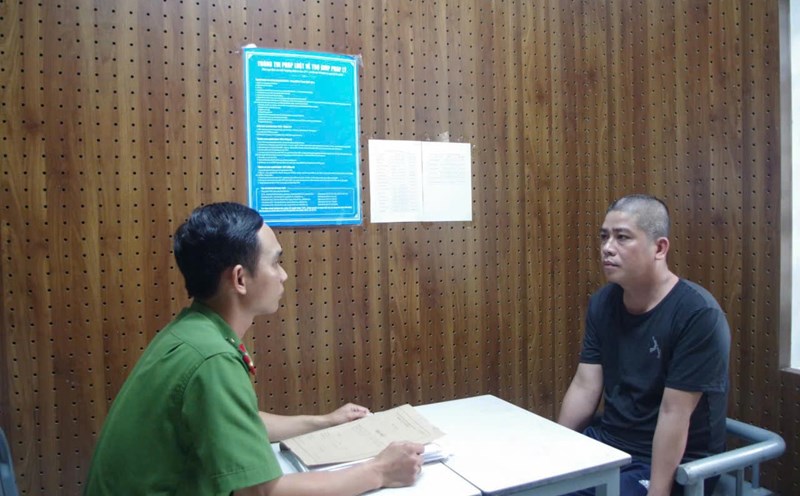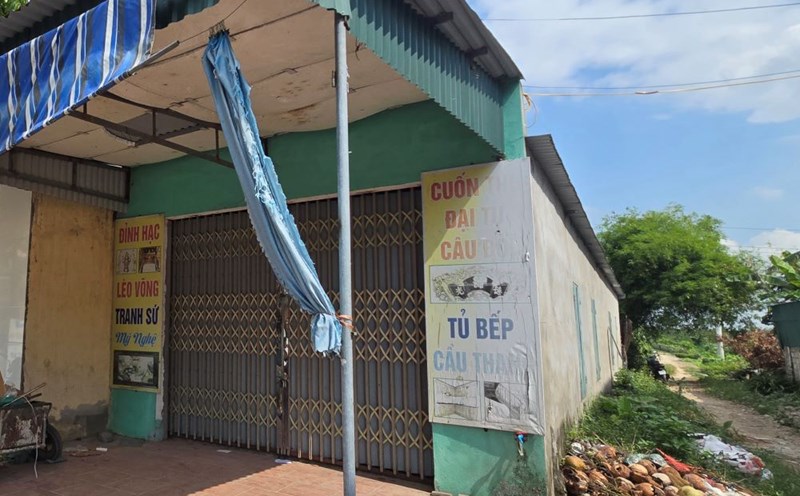According to data reported by Vietnam Investment Credit Rating Joint Stock Company (VIS Rating), in August 2024, only one corporate bond with a total face value of VND 450 billion announced a delay in paying coupon interest for the first time. This bond was issued by Novaland Group in August 2020. In total, the total number of newly issued overdue bonds from the beginning of the year to the end of August 2024 was VND 12,700 billion. About 63% of the cumulative value of overdue bonds came from the residential real estate group.
Notably, the handling of overdue corporate bonds is improving. In August 2024, 13 overdue issuers in the residential real estate, retail and agricultural sectors repaid a total of VND2,400 billion in principal to bondholders.
In September 2024, the total value of maturing bonds reached VND24,500 billion, VND18,100 billion higher than the previous month. VIS Rating estimates that among the bonds maturing in September 2024, VND1,800 billion are at risk of late principal payment, most of which have previously delayed bond interest payments.
"In the next 12 months, we estimate that about 18% of the VND245,000 billion of maturing bonds are at risk of late principal repayment. Of which, 76% of the value of high-risk bonds belongs to companies in the real estate, housing and construction industry," VIS Rating experts commented.
Regarding the situation of meeting the obligations of issuing organizations, according to analysis by FiinRatings, the total value of problematic corporate bonds as of August 2024 (including restructured and deferred corporate bonds) is estimated at over VND230,000 billion, equivalent to 15.3% of the total value of outstanding corporate bonds. The energy sector has the largest proportion of problematic corporate bonds (60.8%), followed by real estate (36.4%) and trade and services (20.4%).
However, the value of problematic real estate bonds is still the highest, about more than VND 150,000 billion at the end of August 2024 (more than 65% of the total value of problematic bonds). The group of real estate enterprises is assessed to be facing difficulties due to the long-term use of high financial leverage, while revenue has not yet recovered because enterprises have not been able to return to business orbit.
For example, in the case of Hano-vid Company, according to information published in the first half of 2024, the debt/equity ratio increased from 4.42 in the first half of 2023 to 6.77 times in the first half of 2024, corresponding to a debt of nearly 34 trillion VND.
The bond debt/equity ratio decreased slightly from 1.83 times in the first half of 2023 to 1.81 times in the first half of 2024, equivalent to a bond debt of nearly VND 9.6 trillion. However, Hano-vid's after-tax profit is often modest, especially compared to the size of equity. Hano-vid's after-tax profit in the first half of 2024 reached VND 7.8 billion, down 80.7% year-on-year.
In addition, VIS Rating also found that more than 60% of the value of high-risk bonds in 2024 comes from a group of "shell" companies, which have no core business activities but still issue bonds to raise capital. These businesses are less transparent and have weak debt repayment capacity, so they have a very high rate of overdue bonds and are related to groups of businesses that are late in paying bond principal and interest.
VIS Rating data also shows that more than half of the companies in this "shell" group have problems repaying their debts. The most recognizable sign is that many businesses in this group do not have websites, showing a lack of transparency in information disclosure. Meanwhile, the buyers of bonds from this group are mainly individual investors.











